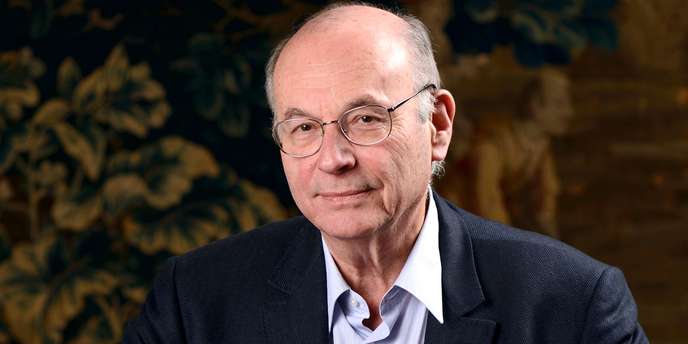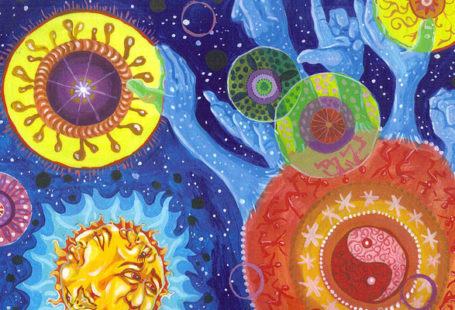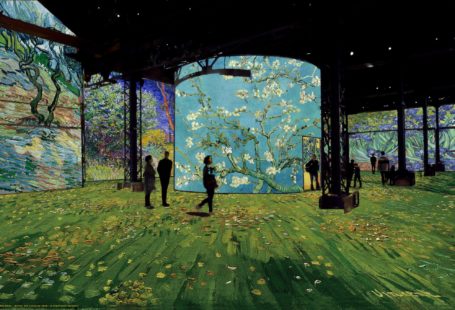
Boris Cyrulnik, the eminent neuropsychiatrist known for his work on resilience explains how societies can resist the present crisis of epidemic in the world:
We have to adapt to this invisible aggression. Human evolution takes place only in crises. After this crisis, the family and the couple will once again become havens of peace. Crises are very common in the human condition. We have already known many epidemics who have forced cultural revolutions.
With each epidemic, or natural disaster, there has been a cultural change. After the trauma, we are forced to discover new rules, new ways of living together.
He reminds on on how the social values and production relations changed in Europe after the epidemic – the plague of 1348 :
In the middle ages, we did not understand that it was necessary to set up confinement: infected people fled taking the bacillus with them. And in Europe, two years after the plague of 1348, one every two Europeans had disappeared. When the epidemic stopped, social values had completely changed. We had discovered the self-made arts and placed carpets under the tables containing animals, landscapes and fruits whereas previously art was essentially religious.
[…]
Production relationships and the hierarchy of values have completely changed. There have been so many deaths that the survivors who agreed to work had to be paid. There were no longer serfs.
Looking ahead to what is awating us during and after the epidemic, he predicts that we will develop a new way of living together :
What we need to target is to investigate our inner values and to pass them into action with courage once we get hold of them.
It is internal research that we must aim for. As reading and cooking will get more important, we will also listen more to the radio, to music, and we will find the values of our grandparents.
When the pandemic is over, we will see that we will have dusted off old values that will help us to develop a new way of living together. There will be profound changes, this is the rule.
Boris Cyrulnik reassures the human capacity to emerge from collective trauma in solidarity, to reconstruct the “self” and give meaning to our sufferings after the event. He says :
We can succeed in turning our unhappiness into something wonderful. Anyone who has been hurt has to undergo metamorphosis. Our sufferings are not in vain, and victory is possible.
Excerpt from an interview made at France Inter on March 16, 2020
Duygu Bruce













Social Profiles